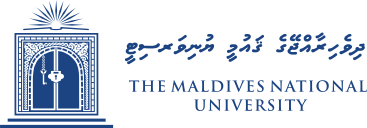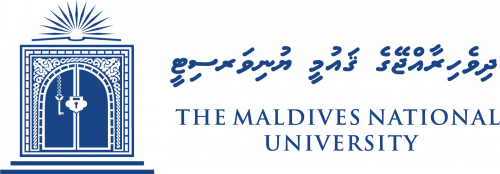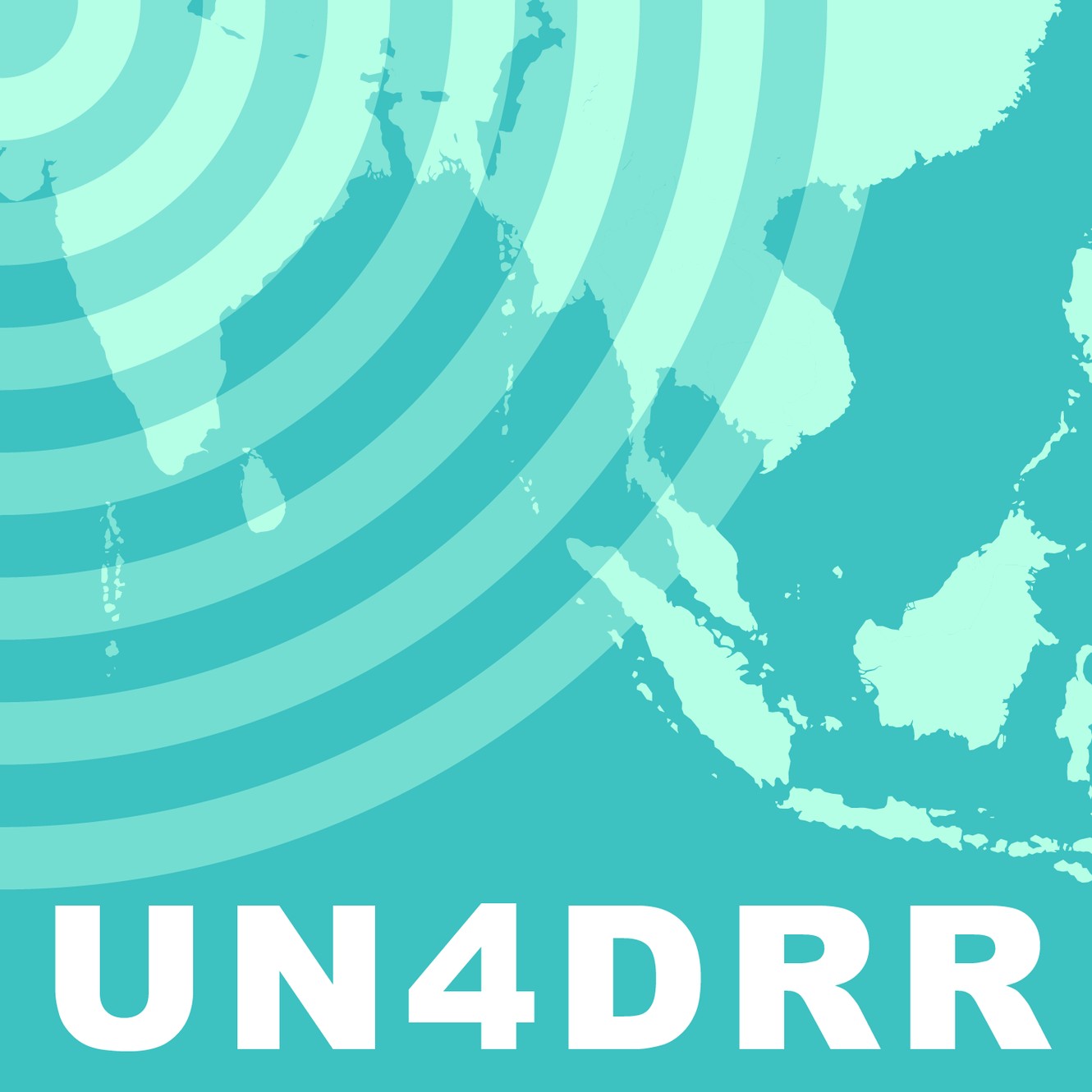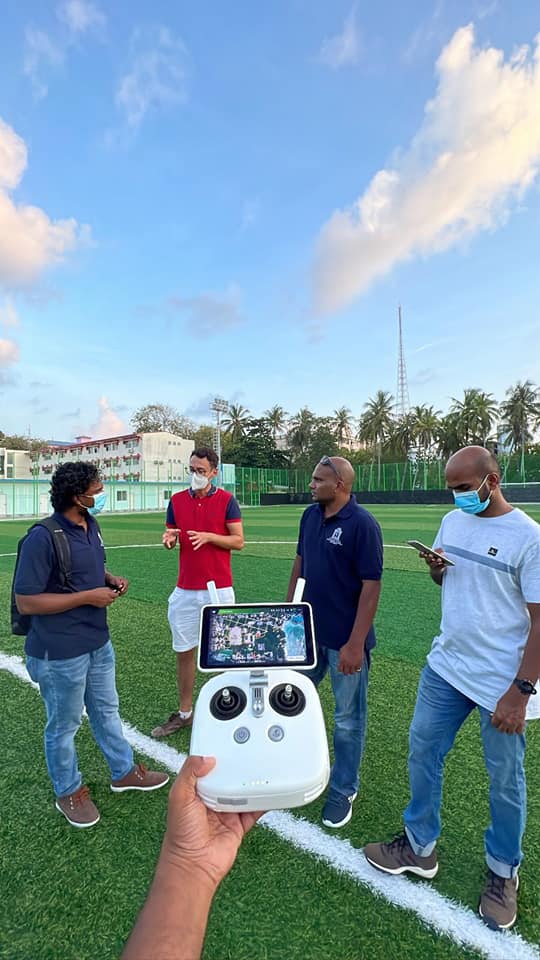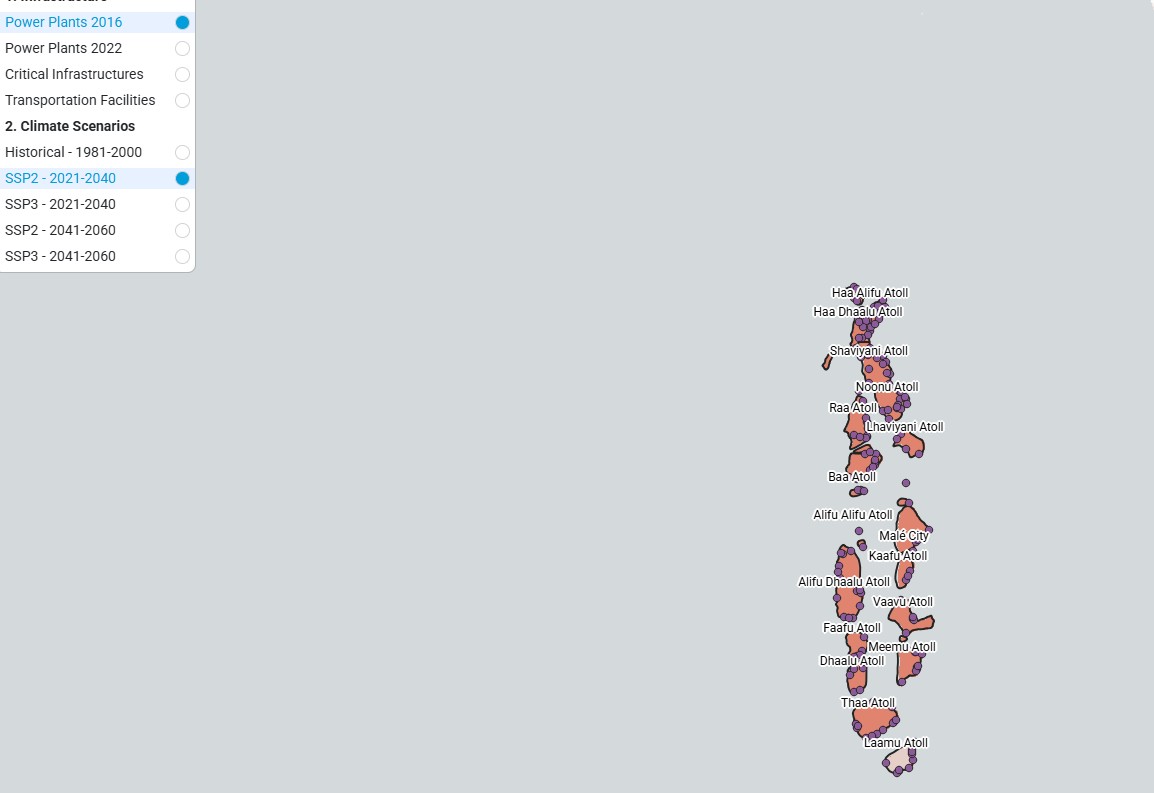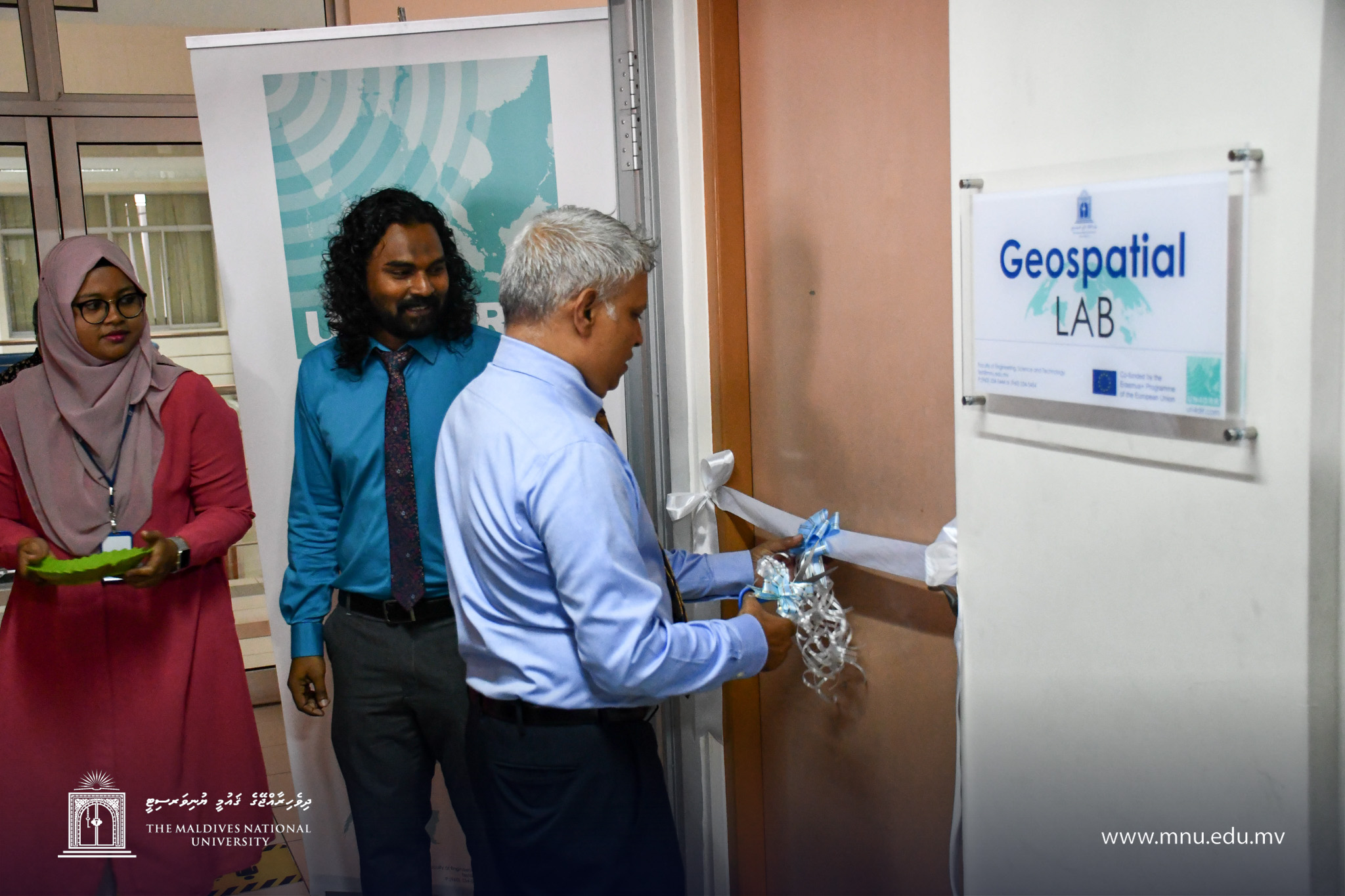The UN4DRR project of FEST has run a short course on Geographic Information Systems (GIS). The course was held from March 28 January – 10th February 2023, which brought together 15 participants from various fields aiming to learn Geographic Information Systems and its usage relative to their fields. The course was conducted in the newly established Geospatial Lab at MNU. The 15 participants in the GIS short course come from a variety of fields related to disaster risk reduction, including government agencies, non-governmental organisations, and academia. The course will provide them with valuable skills and knowledge that they can apply in their work. The course was also tailored to the needs of the participants, with a focus on practical applications and hands-on exercises. GIS is a powerful tool for visualising, analysing, and interpreting data related to disaster risk reduction. The course will cover topics such as data collection, mapping, spatial analysis, and modelling using GIS software. Participants learned how to apply GIS techniques to various contexts of their work. The course is part of the UN4DRR project’s efforts to build capacity in the University and to expand geospatial data exploration and usage in the Maldives. The GIS short course being run by The Maldives National University and the UN4DRR project is an important step in building capacity in disaster risk reduction in the Maldives, as the UN4DRR project focuses specifically on DRR in the Indian Ocean Rim Countries.
For more information, click here
